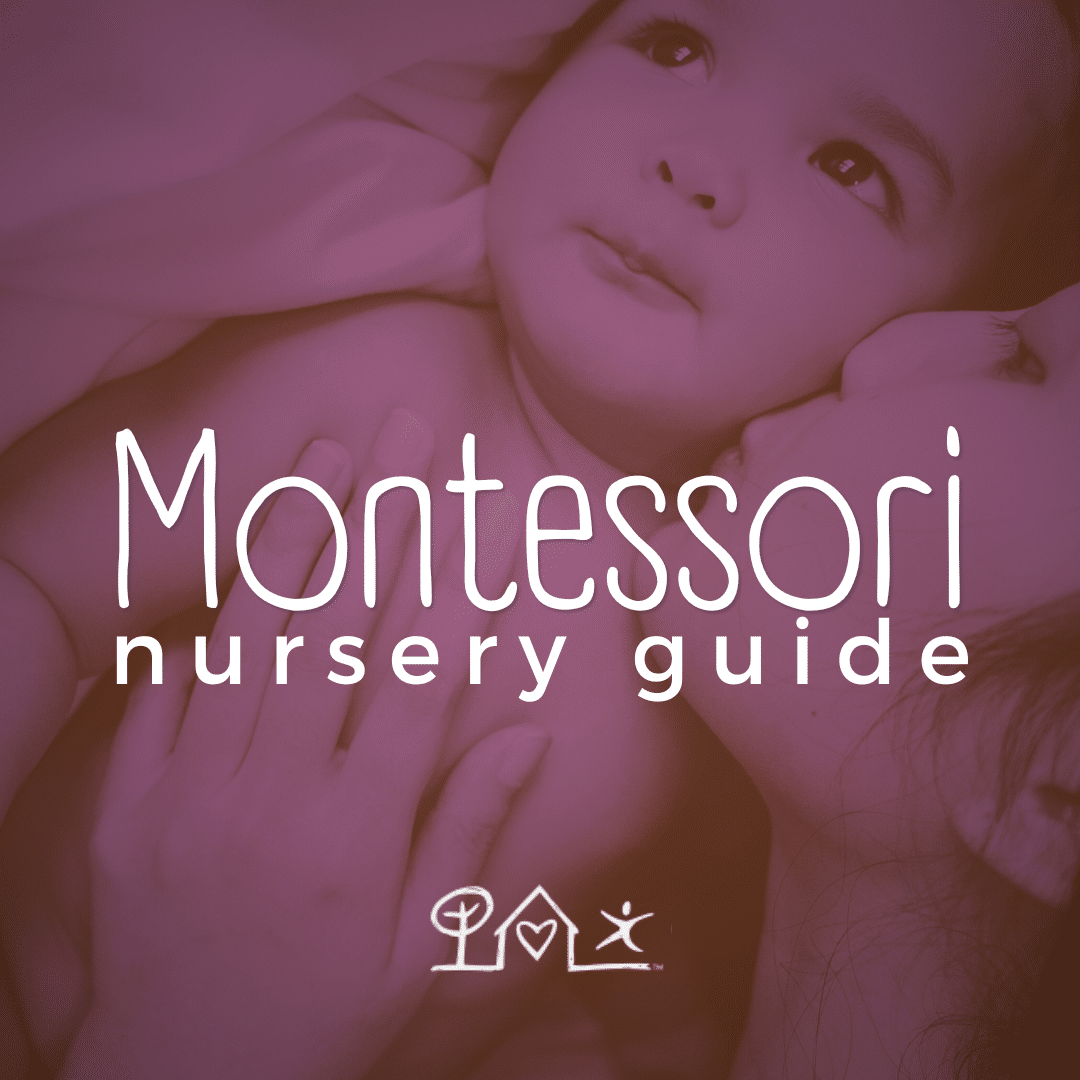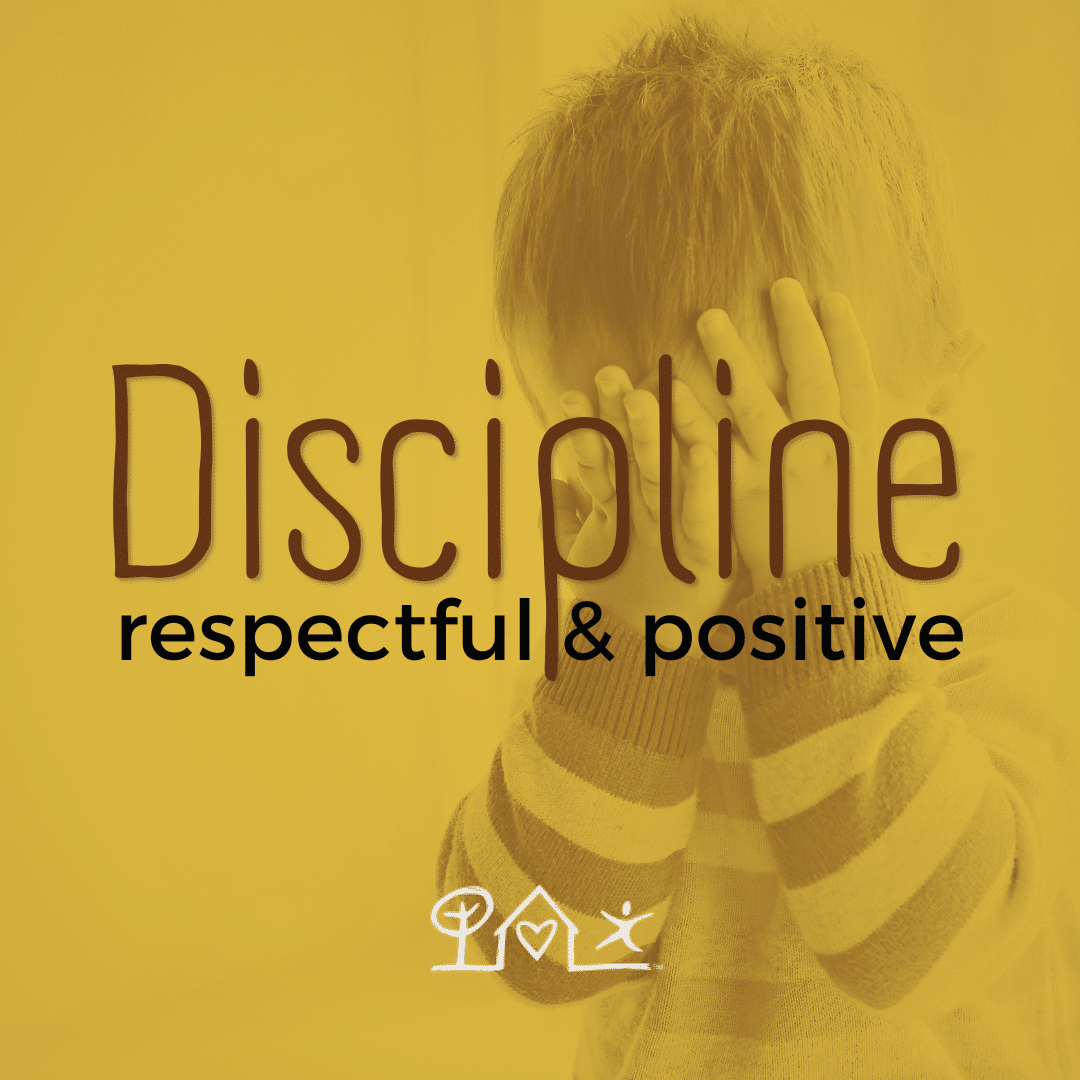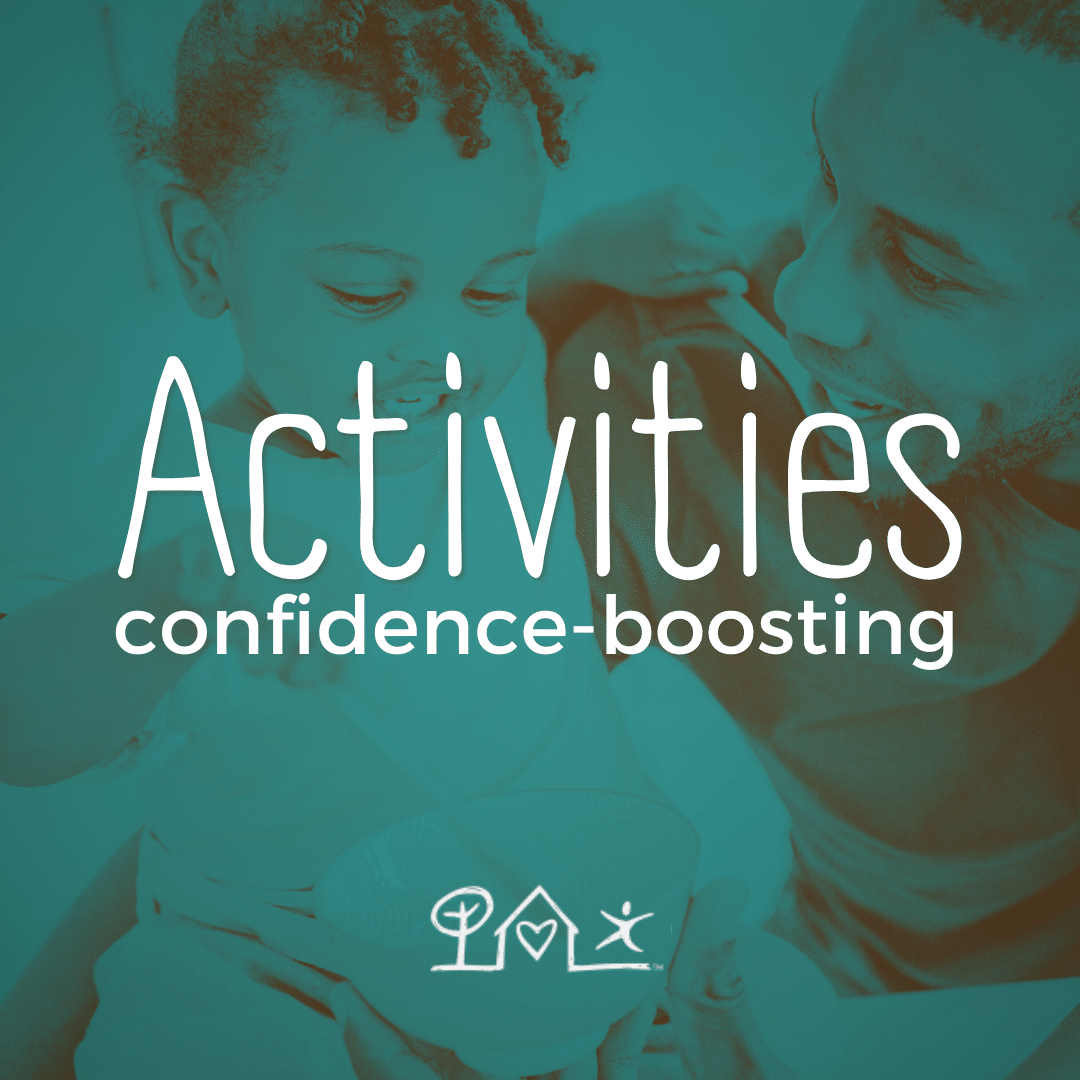More often than not, parents believe that it is their job to control and manage their children’s emotions.
I beg to differ.
The importance is how we show up and how we model managing our own emotions especially when children push our buttons.
Before I share a few tips that have worked for me and the families I’ve worked with, I want to remind you, that your child is here to help you learn the lessons you need, to grow as a parent, as a human being. How often do you ask yourself, “what lesson do I need to learn from this situation”? And remember it is our children’s job to push our buttons.
Here are a few tips to consider and ponder:
- Shift your attention.
Remember that your reaction to any situation, whether your child is not listening or has decided to do things differently than you would like them to, is simply an interpretation.
Take a pause, a deep breath (or even 2 or 3) and reassess the situation. Shift your attention. Ask yourself “what interpretation am I making of this situation?”
Our own emotions will most often determine and give us the key to what our child needs from us. Remember, we are simply the thinkers of our thoughts we are not the thoughts themselves.
You are not your thoughts; you are the observer of your thoughts.
~ Amit Ray
So if we are the observer we get to choose, how to react and deal with any situation. I know, easier said than done. It’s a work in progress but the good thing is we get to choose how we want to progress.
Once you identify the interpretations you are making, push yourself to make seven new and positive ones. Then place your attention on the one that will best serve you and your child.
- What calms you?
Create a list of what calms you. Often when we’re triggered we forget what calms us, having a list ready in times of despair can be a game changer.
- Plan your day ahead of time.
Establishing an evening routine will help you come from a place of calm and loving intention. Take time for a heartfelt moment of gratitude for a day well lived, for challenges that you overcame or lessons learned.
Clear your mind by jotting down the three (only 3, not a huge to-do list) most important things you want to get done the following day. This will free your mind for a restful sleep. Setting the intentions of how you want to show up the next day.
- Give yourself some quiet time.
Again, taking the time (5 minutes is all you need) to set your intentions of how you will show up for yourself and your children. Giving yourself some quiet alone time before starting your day is a life changing habit to get into.
Be mindful to not let external notification i.e. your phone, computer or other devices determine your mood. Keep your phone off or on airplane mode until you are ready and have taken the time to set your daily intentions.
- Walk away.
Lastly, be ok with not having to fix everything, sometimes we just need to step out of the situation. This is different from abandoning or turning our back. If your child is safe, it’s ok to simply say I need some time to better deal with this situation.
And please remember to reach out for support, parenting was never meant to be done alone.
With loving support,
Jeanne-Marie
If these resonate with and you want to get support as you navigate parenting check out the Montessori Parenting Community. A community of like-minded parents and educators, blending Montessori principles, Positive Discipline techniques, and Conscious living, encouraging you to be the best parent you can be.







